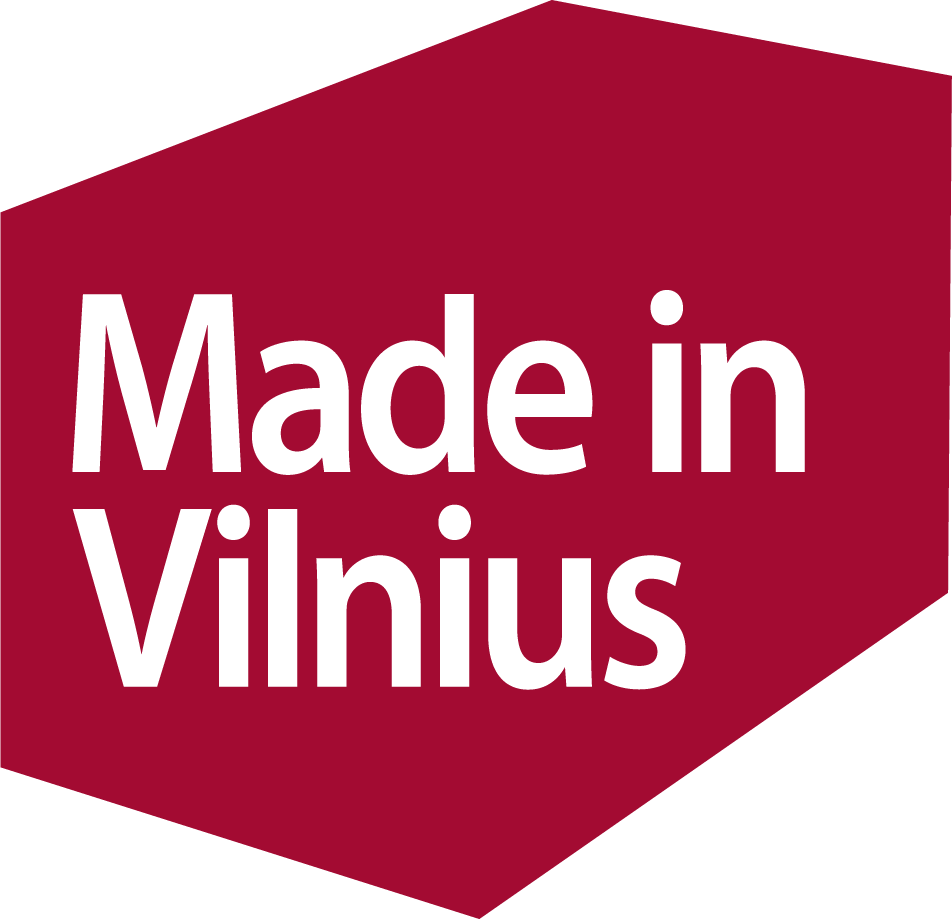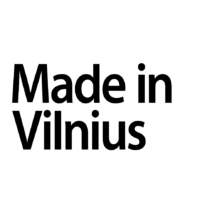Vilnius University (VU) constantly strives to provide the best possible conditions for scientists to implement their projects and develop scientific activities. Of course, financing is especially important for this. So that this is not an obstacle to conducting scientific research, VU can introduce various funding opportunities and search for optimal solutions together. This year even three international interns took advantage of this opportunity, who conduct their research at the Faculty of History of VU and are led by the head of the East European Jewish History Research Center, prof. Jurgita Verbickienė.
The international application is evaluated at the national level
Prof. J. Verbickienė is happy that such cooperation actively contributes to VU's international community. Two of the three interns, dr. Kseniya Tserashkova and dr. Sergii Gurbych, applied themselves looking for opportunities to work together with prof. J. Verbickien, and with dr. Tomasz Jankowski's paths had already crossed before. It was decided to implement joint VU research with foreign researchers with very different academic profiles using the Marie Skłodowska-Curie Postdoctoral Fellowship Program (MSCA PF).
The prestigious MSCA PF program provides excellent conditions for young researchers to develop an independent academic career. However, at that time it was not possible to receive grants from the European Commission, but, while considering improving the projects and resubmitting them, the Scientific Projects Department of the Department of Science and Innovation of VU introduced the opportunity for well-evaluated MSCA PF projects to receive funding from the Ministry of Education, Science and Sports of the Republic of Lithuania.
"All three projects were evaluated with quite high scores, and with the advent of this measure, we were able to attract international interns, postdoctoral researchers with already accumulated scientific experience to Lithuania. This allows us to expand activities and research at VU, to gain diverse experience. It is also gratifying that although the funding source has changed, the trainees' projects have remained unchanged," says the historian.
Researchers started internships at VU on March 1. Prof. J. Verbickienė states that special attention will be paid to the integration of scientists, organized by their presentation events, in which not only members of the VU Faculty of History community will be able to participate, but also everyone who wants to learn more about the interns' projects.
"Their research is interdisciplinary and will be of interest to representatives of various disciplines. This is not just historical research. It can be understood from the names that they are also related to other areas of science. One of my goals would be to introduce them to the VU community as widely as possible, so that it too can benefit from the researchers who will work in our environment for two years, who come with a relatively new and atypical job for us," says the professor.
Unique areas of research and new methods
Prof. According to J. Verbickienė, all three researchers should significantly complement the activities of the VU History Faculty and the East European Jewish History Research Center, as the researchers' projects will be carried out using certain VU new methods. Dr. S. Gurbych, who has Ukrainian and Israeli citizenships, came from JAV, University of Illinois at Urbana-Champaign, and works with a variety of texts using digital humanities methods. The title of his project is "Computer-assisted processing of archival documents in Hebrew and Yiddish."
"Basically, S. Gurbych's project will work with various instruments of artificial intelligence and digital humanities, which should create a product that will allow you to speed up the reading of sources. During the implementation of the project, we will cooperate with the Judaic Research Center of the Lithuanian National Martynas Mažvydas Library, which has a number of undescribed sources. This field is relatively new at VU and S. Gurbych's project allows not only to make a breakthrough in his own research, but also to expand the possibilities of our university. We are talking about preparing new courses, consulting teachers and so on," says prof. J. Verbickienė.
Dr. T. Jankowski came from Poland. He received his doctorate from the University of Wroclaw. In his project "Family in modernizing Central and Eastern Europe. A historical data-driven perspective" ("Family in modernizing east-central Europe. A historical data-driven perspective") represents the field of family historical demography research.
According to prof. According to J. Verbickienė, this is not ordinary demography: "Modern demography processes quite a lot of data, but Dr. T. Jankowski works with sources dating from the 18th century that do not meet the demographic criteria of this type. help - 19th century, which demographers usually do not study. This will be a certain chance to try to develop this type of research at VU, as several dissertations are being prepared on this topic, which indicates the need for wider exposure."
Dr. K. Tserashkova is an independent researcher and journalist from Belarus. Her project is "The impoverishment of the population of Europe in the 18th century." at the end of the 20th century "Pauperization of Europe's population in the late XNUMXth – early XNUMXth century: Reasons, process and impact to societies". K. Tserashkova will apply sociological methods in her research, raise the issue of the impoverishment of the population of Eastern Europe and compare the reconstructed impoverishment trends of individual social, confessional and ethnic groups.
"K. Tserashkova has worked a lot with the material in Belarus, which is completely inaccessible to our researchers now. Therefore, through its research, an indirect attempt will be made to understand what impoverishment looks like in different layers of society," says prof. J. Verbickienė.
Researchers are expected to publish more than one article in high-level international academic journals while conducting research at VU, as well as participation in conferences and other activities. "During the implementation of the projects, the researchers are not required to lecture, as these are research and competence-building projects, but all three are very interested in teaching." They want to convey their knowledge to students and the local community," adds prof. J. Verbickienė.

